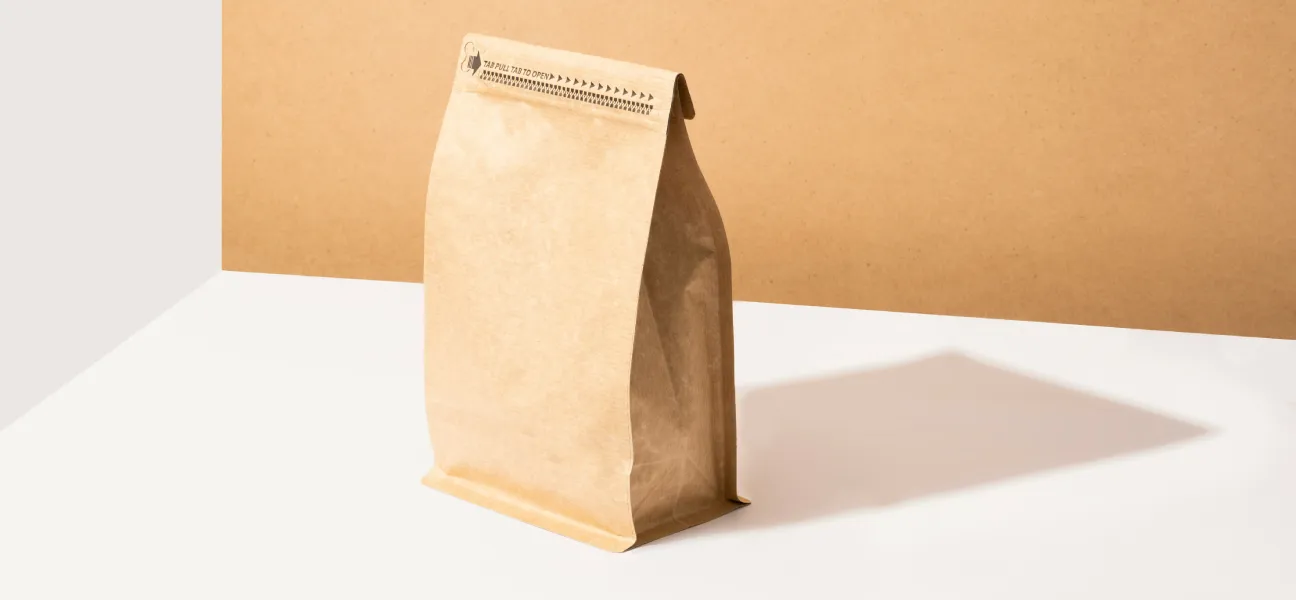
In today's food industry, packaging is not just a container. It serves many purposes, like protecting the product, meeting regulations, and helping with branding. Whether you are starting a new product or growing your business, choosing the right packaging supplier is essential for success. Good packaging keeps food fresh, meets safety standards, supports sustainability goals, and attracts customers.
Not all packaging suppliers are the same. Some important things to consider when choosing one, are:
We talked about this earlier, but packaging for food safety is very important. It helps keep products safe from contamination and spoilage, which protects consumers. All suppliers must meet industry standards without exception. They need to follow strict regulations. Checking a supplier’s compliance history is important for choosing the right partner.
Here are the key points to focus on:
Having clear and open relationships with suppliers improves food safety. Good communication helps solve potential problems quickly. Ensuring compliance builds trust and reliability in the supply chain.
Choosing the right food packaging supplier is very important for your business. A good supplier makes sure your products arrive in great shape. This helps keep your customers happy and trusting your brand. A reliable supplier can also simplify your supply chain and cut down on delays. Efficient operations can save you money and boost your profits.
Knowing about the main types of food packaging helps you find the right supplier for what you need.
Each packaging type has different needs for sourcing, printing, and shipping. Knowing what you need from the start can save you time and money.
Eco-friendly packaging is now popular. Stores, governments, and customers want better environmental choices. But, sustainable packaging has its challenges. For instance, compostable films might spoil faster than regular plastics. Recyclable mono-materials may not work well in humid conditions. Biodegradable containers could be heavier or cost more.
When talking to your food packaging supplier, ask if they provide materials certified by groups like TÜV Austria, OK Compost, or FSC. Also, check how the packaging can be disposed of. Can it be composted in a facility, recycled at home, or does it need special pickup?
Think about these factors in relation to your product's shelf life, market needs, and distribution methods.
Packaging is closely linked to the ingredients inside. It needs to protect the product, keep its nutrients and taste, and provide clear information. Labels should match the product claims. Films must keep sensitive nutrients safe.
That's why you should not only plan your packaging purchasing, but also ingredient sourcing. If you are using superfoods, emulsifiers, or protein powders, think about how they work with different packaging types. For example, oily ingredients can damage paper wraps, while powders that absorb moisture need special barrier films.
Avoiding common mistakes can save you money and prevent problems like changes to your product, recalls, or wasted stock.
When evaluating a potential supplier, consider asking: